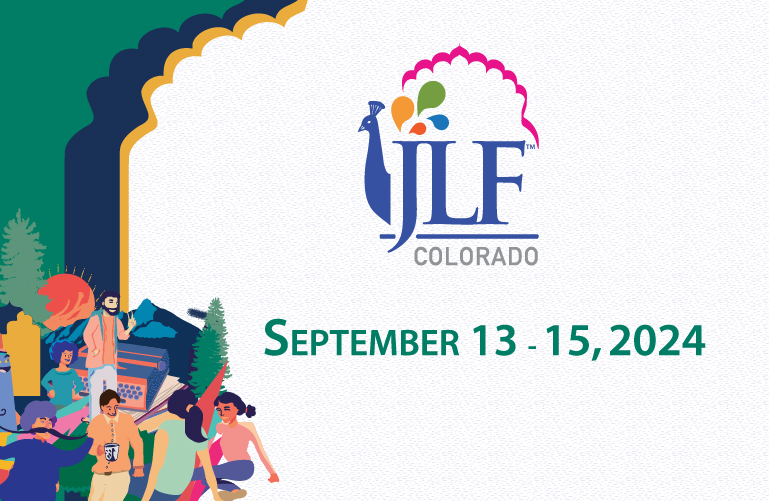

Ghosts of Empire
Maya Jasanoff, Charles Allen and Shashi Tharoor in conversation with Kwasi Kwarteng
Paula Van Hagen: Official ZEEJLF At The British Library Blogger
Ably chaired by British politician and historian, Kwasi Kwarteng, it is perhaps no surprise that a session considering the impact and legacy of the British Empire should be host to heated debate and polarised opinion.
Shashi Tharoor, Indian politician and former international diplomat, acknowledged how challenging it was for India to move out from the shadow of Empire. The British Empire “sat on us and left its deep impression on us – it is impossible for us to be unaware of the Empire”.
Tharoor said he was consistently struck that those most fascinated by Empire seemed to be the ones with the least knowledge of what it had actually entailed. He cited a recent YouGov poll, which recorded 59% of respondents believed Empire had been a good thing, which Tharoor claimed only demonstrated their ability to wear rose tinted glasses when looking at recent history.
Maya Jasanoff, Professor of History at Harvard University, observed that the idea and practice of Empire was not even recent history: the legacy of Empire continues in systems of exploitation, evident in modern day methods off trade and exchange.
Charles Allen, freelance writer and popular historian, noted that he was the only person on the panel who could talk about imperialism from first hand experience. His British parents were both born in India, and several generations of his family served under the British Raj.
Following the Independence of India in August 1947, his father – in Allen’s eyes, the ideal model of the capable ruling class – was asked to return to India to resume his job as a political officer. Allen acknowledged that his view of Empire was shaped by his family’s belief that the ruling hand was both paternalistic and benevolent. However, he pointed out that Empire was not just a European issue: “Imperialism is about power and is not exclusive to Europe”.
Tharoor stated that one only had to walk through any one of Britain’s many museums to see rooms overflowing with goods pillaged by officers of the Empire. He was struck that in the current climate of reparation, such as the Holocaust Museum in Germany, there was no British equivalent Museum of Imperialism.
Tharoor elaborated that the drive for reparation was not for financial compensation but for an acknowledgement of the wrongs done: he suggested – to considerable applause – that an apology offered by the British Royal family would be a start.
“Was there anything good about the British Empire?” Kwarteng asked. “Cricket and the English language” Tharoor replied.

Leave a comment